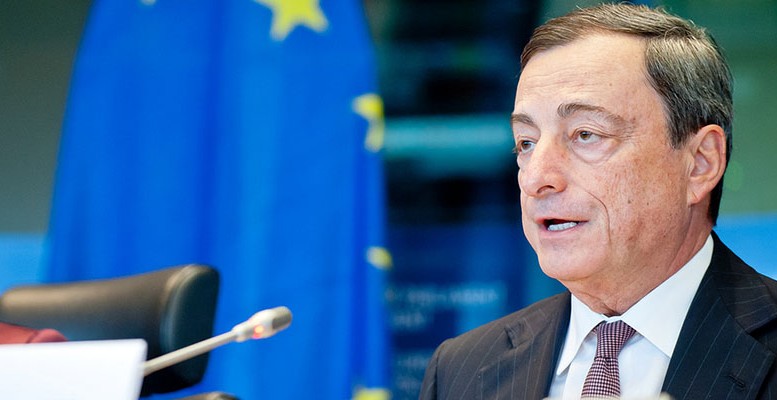Yesterday, Coeuré, member of the Executive Board of the European Central Bank, gave a speech which was very much on the mark and to which we should not over-react. He said that once it became clear the recovery in inflation is long-lasting, it would be appropriate not to wait too long to reassess monetary policy. In other words, depending on the scenario, our central bank’s actions will need to be adjusted.
For the time being, we should focus on the June meeting. The latest information gives more weight to the scenario of a measured change in language at that point, something which Intermoney analysts are expecting.
The governor of the Bank of Lithuania “threw in a dose of common sense” when he made a series of very appropriate comments: “If the real data confirms that our situation is improving, then the logical step would be to discuss the expansionary bias.”
This discussion, according to Lithuania’s representative on the ECB board, would deal not only with the institution’s long-term guidelines, but also with the balance of risks. In the view of Intermoney analysts, these are two issues which are “very closely linked”:
“Although this approach leads us to consider the possibility that the cornerstone of the potential change in language from Frankfurt, in June, will be the interpretation made of the risks. This move would be significant, especially when very few signals could be given via an adjustment to the ECB’s macroecomic forecasts. Those issued in March are very much in line with the current situation.”
The possibility of a measured change in the ECB’s language, focused on the analysis of risks and the re-affirmation of its confidence in the recovery scenario (although the predictions show minimal variations), make more sense after seeing the minutes of our central bank’s April meeting. They said literally: “It was decided that the governing council’s way of communicating should be adjusted gradually and in a prudent manner. This is because agains the current backdrop, monetary and financial conditions were particularly sensitive to changes in language. Regarding this, Intermoney’s epxerts add:
” The market’s reaction to the March meeting, which we have discussed in the past, made a big impact on the monetary authorities and they still have it very much at the forefront of their mind.”
The change in language which experts are proposing would fit in with the context described above. It is far from being radical and would only serve to confirm the improvements noted, leaving the ECB’s September meeting as the big date in the diary.
Along these same lines, it would be worth paying attention today to the words of ECB chief economist, Praet. As the minutes of the meeting showed, in April Praet called for more information and proof before making “any substantial changes in communication.”
IM’s proposal would be significant, but not substantial and would not clash with our scenario of a very progressive exit strategy. In fact yesterday the governor of the Bank of Lithuania insisted on progressive action and, today, it will be Praet.





